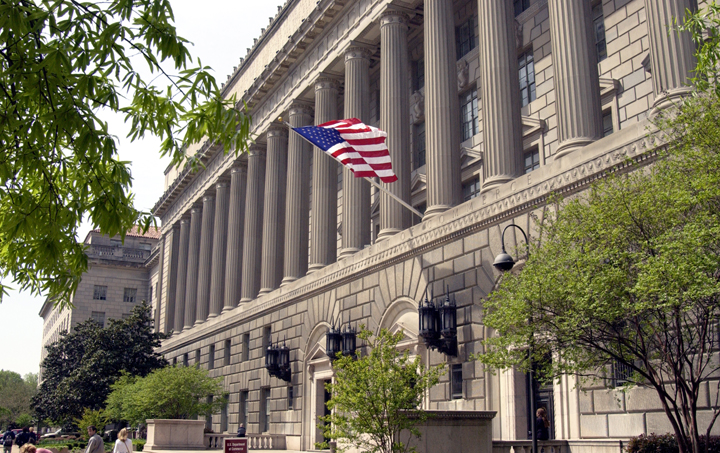Watch all the Transform 2020 sessions on-demand here.
Following the signing of an executive order known as the American AI initiative in February, the U.S. Department of Commerce’s National Institute of Standards and Technology (NIST) is looking for help from academics, tech and private companies, and others to share input on federal government engagement in development of technical standards for AI.
Issued on February 11, the executive order requires NIST, through Secretary of Commerce Wilbur Ross, to create a plan regarding federal engagement in AI standards within 180 days, or by August 9.
Comments must be submitted by May 31 and may help establish federal government priorities for standardization of AI systems development and deployment. All comments received will be posted without redaction on the NIST and regulations.gov websites, the notice reads.
A conference to review results will be held May 30 at NIST headquarters in Gaithersburg, Maryland.
June 5th: The AI Audit in NYC
Join us next week in NYC to engage with top executive leaders, delving into strategies for auditing AI models to ensure fairness, optimal performance, and ethical compliance across diverse organizations. Secure your attendance for this exclusive invite-only event.
A request for information notice filed in the Federal Registrar today says NIST wants to better understand “the current state, plans, challenges, and opportunities regarding the development and availability of AI technical standards and related tools.”
The notice’s call for information can be broken down into 3 categories: current status and plans surrounding AI technical standards; needs and standards related to “the existence, availability, use, and development of AI standards and tools”; and the current and potential role federal agencies can play in the creation of AI technical standards.
The executive order does not call for review of federal AI ethics standards, but rather the technical standards and tools that support “reliable, robust, and trustworthy systems that use AI technologies.”
NIST’s facial recognition vendor test is referred to as a gold standard for facial recognition, used by companies like Microsoft to gauge performance of software such as Face API, but the organization has also been criticized on ethical grounds for a number of reasons, including the use of datasets of vulnerable people without their consent.
NIST information technology laboratory acting chief of staff Elham Tabassi said ethics is an important part of trustworthiness.
“Our focus right now is on the technical standards or technical aspects of the trustworthiness, but as I said, we are open to hear from all stakeholders about what should be part of the plan, and we’re focused on the technical standards because it’s our area of expertise. That’s where we have the muscle and the mission of our agency,” Tabassi told VentureBeat in a phone interview.
The executive order that attempts to give the United States a more unified national AI strategy also requires White House Office of Management and Budget director and acting chief of staff Mick Mulvaney to make a public request for ways to improve access or quality of federal data for AI research and development. Mulvaney’s office must also investigate barriers to data access.
This is the most recent effort by the federal government in the United States to seek public opinions about how to craft governance policy for use of AI systems.
The Defense Innovation Board at the Department of Defense is currently asking AI community stakeholders and the wider public about ethical use of AI in the military. A public comment session was held at Stanford University last week.
For guidance on how to bring biomedical research and AI closer together, the National Institutes of Health has convened a panel of prominent AI researchers.
The Computing Community Consortium, which works closely with AI researchers and the National Science Foundation, is also in the midst of creating a 20-year AI research roadmap.


